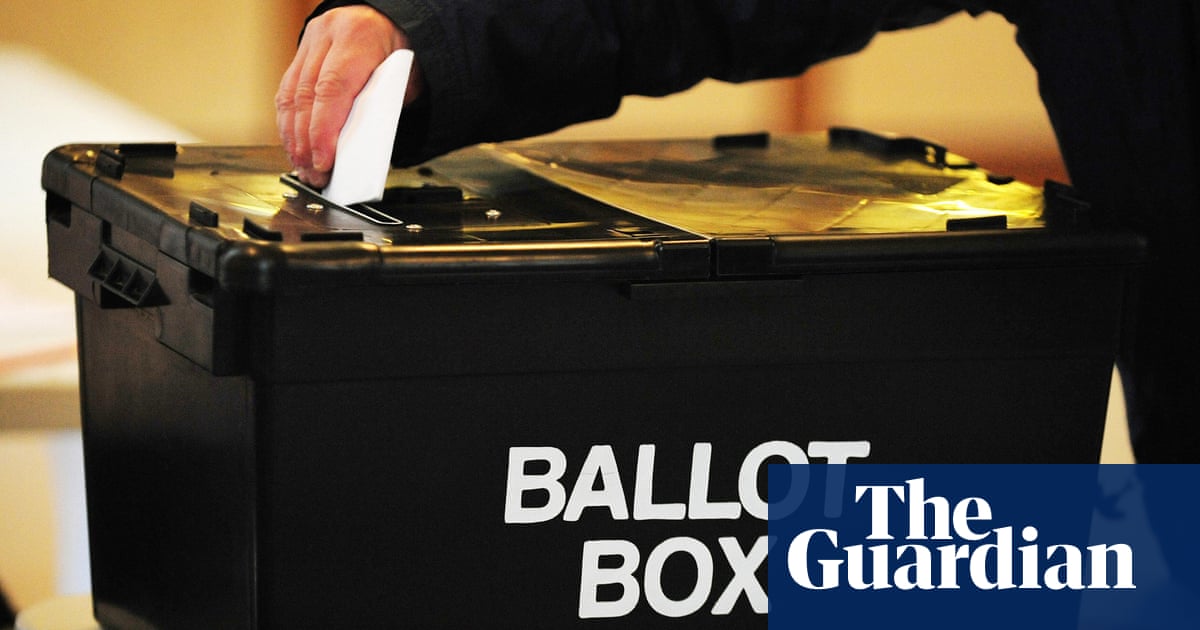The next election is set to be the most unequal in 60 years thanks to a rising gap in voter turnout based on age, income, class, home ownership and ethnicity, a new study has found.
The Institute for Public Policy Research (IPPR), a centre-left thinktank, found that the turnout gap was negligible between social groups in the 1960s, but that it had grown by 2010 to 18 percentage points between the top set of earners – who are more likely to vote – and the bottom set.
It rises to a 23-point gap between homeowners – who were more likely to vote – and renters, and a 15-point gap between graduates and those who did not go to university. There are 28 points between those aged 61 and over who were more likely to vote than 18-24-year-olds.



This is the best summary I could come up with:
The next election is set to be the most unequal in 60 years thanks to a rising gap in voter turnout based on age, income, class, home ownership and ethnicity, a new study has found.
Dr Parth Patel, a senior research fellow at the IPPR, said one of the consequences was that government policy was more attuned to the needs of the older, better-off and those with higher levels of education.
The IPPR said the problems were compounded by a concentration in party memberships, political donors and career politicians among people who are well-off and have higher levels of education.
Its study said the UK risks entering a “doom loop” in which policy is “becoming ever less responsive to citizens, in turn stoking populism and further undermining faith in democracy”.
To counter this, it recommends a new wave of constitutional reform to spread power and influence in the UK, if living standards and life expectancy are to start improving across the board again.
When the Brown commission report was published a year ago, Starmer said political reforms such as the abolition of the Lords were fundamental to the redrawing of the British economy.
The original article contains 774 words, the summary contains 193 words. Saved 75%. I’m a bot and I’m open source!